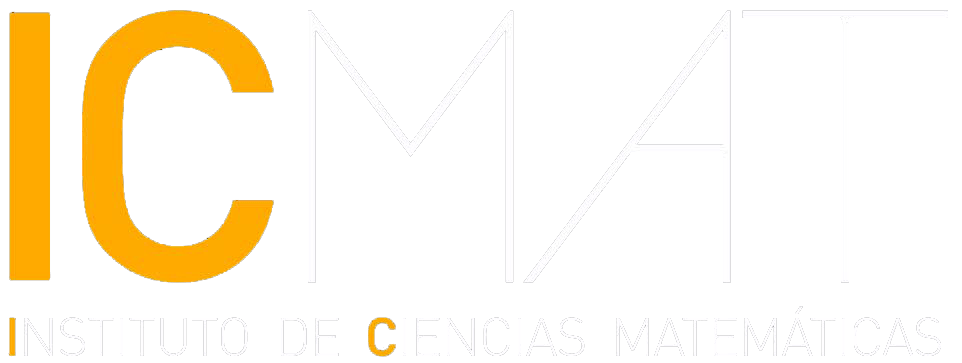Harmonic Analysis, Partial Differential Equations and Geometric Measure Theory
Principal investigator: José M. Martell
Acronym: HAPDEGMT
Project reference: 615112
Start Date: 2014-01-01
End Date: 2019-12-31
Abstract: The origin of Harmonic Analysis goes back to the study of the heat diffusion, modeled by a differential equation, and the claim made by Fourier that every periodic function can be represented as a series of sines and cosines. In this statement we can find the motivation to many of the advances that have been made in this field. Partial Differential Equations model many phenomena from the natural, economic and social sciences. Existence, uniqueness, convergence to the boundary data, regularity of solutions, a priori estimates, etc., can be studied for a given PDE. Often, Harmonic Analysis plays an important role in such problems and, when the scenarios are not very friendly, Harmonic Analysis turns out to be fundamental. Not very friendly scenarios are those where one lacks of smoothness either in the coefficients of the PDE and/or in the domains where the PDE is solved. Some of these problems lead to obtain the boundedness of certain singular integral operators and this drives one to the classical and modern Calderón-Zygmund theory, the paradigm of Harmonic Analysis. When studying the behavior of the solutions of the given PDE near the boundary, one needs to understand the geometrical features of the domains and then Geometric Measure Theory jumps into the picture.
This ambitious project lies between the interface of three areas: Harmonic Analysis, Partial Differential Equations and Geometric Measure theory. It seeks deep results motivated by elliptic PDE using techniques from Harmonic Analysis and Geometric Measure Theory. In some problems we will consider real elliptic PDE in very rough domains studying the Dirichlet problem, its relation with the good properties of harmonic measure and their interplay with the geometrical features of the domain and its boundary. Some other problems will be for elliptic systems with constants complex coefficients and will make use of the boundary Layer potentials method or the Poisson kernel approach. In other problems we will treat variable complex coefficients and degenerate rough elliptic operators and we will study boundedness properties of the associated operators and some spaces naturally associated with them.
This project is built upon results obtained by the applicant in these three areas. Some of them are very recent and have gone significantly beyond the state of the art. The methods to be used have been shown to be very robust and therefore they might be useful towards its applicability in other regimes. Crucial to this project is the use of Harmonic Analysis where the applicant has already obtained important contributions. With this project I would like to consolidate and lead a research team working in the boundary between these three fundamental areas.
"This project has received funding from the European Union’s Seventh Framework Programme for research, technological development and demonstration under grant agreement no 615112"



